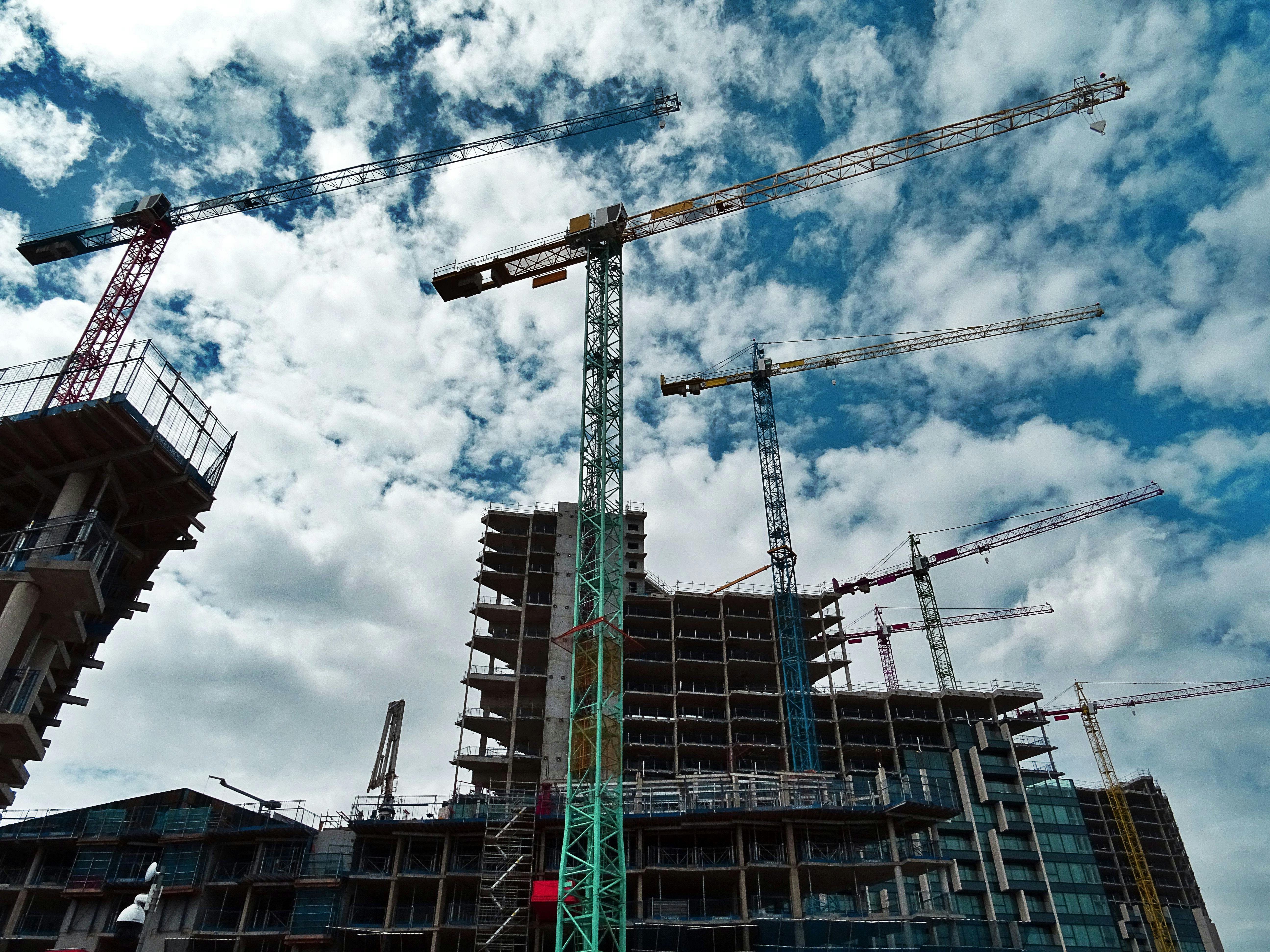When it comes to keeping your employees, yourself and the public safe from potential trips, falls, and accidents, investing in proper anti-slip solutions is the best thing you can do to mitigate risks.
But how do you ensure your flooring is as safe as possible for not just your employees, but members of the public? And what kinds of materials should you be investing in when it comes to slip-resistant flooring? This is everything you need to know about GRP anti-slip flooring as well as how your site can use it to promote proper safety.
Firstly, What Is GRP Flooring?
In short, GRP flooring is a type of flooring that is made from glass reinforced plastic. It’s a common choice for flooring in industrial and commercial settings thanks to its durability and its non-slip properties.
There are two common kinds of GRP flooring on the market : GRP mesh gratings and anti-slip GRP flooring sheets. The kind of GRP flooring you choose is going to rely heavily on the type of work you are undertaking.
Why Is GRP Flooring So Popular?
As mentioned above, the overall durability of GRP flooring is one of the key factors that makes it so popular, however, that’s not the only reason it’s such a common choice amongst industrial and commercial businesses. These are some of the different reasons GRP anti-slip flooring is so popular:
Corrosion Resistant
GRP flooring is resistant to corrosion so it’s great for any applications where chemicals or harsh weather conditions are unavoidable. This makes them perfect for industrial facilities or for outdoor use.
Easy To Maintain
GRP flooring is incredibly easy to maintain making it a more cost-effective solution than other non-slip flooring types. Because of this low maintenance, you don’t just save money, but also valuable time – and what business doesn’t need to save time?
Slip Resistant
This is arguably one of the factors that makes GRP flooring such a popular choice. The grit surface makes for great traction so that you can greatly reduce the risk of slips, trips and falls even in wet weather. GRP anti-slip flooring is crucial for businesses that want to mitigate their risk of falls and stay compliant with HSE regulations.
Which Industries Will Benefit The Most From GRP Flooring?
GRP flooring is incredibly versatile making it a great solution for a range of different industries. Whilst commonly seen in industrial and commercial settings, you’ve most definitely come across GRP flooring in your daily life too. These are some of the different industries that use (and benefit) from GRP anti-slip flooring solutions:
Construction
GRP flooring is great for construction sites as its non-slip properties make it perfect when constructing safe walkways and platforms.
Chemical Facilities
Thanks to its corrosion resistance, GRP flooring is a great solution for use in chemical facilities. It also remains non-slip when wet so it’s great if there’s a risk of spills.
Docks & Marine Facilities
Being non-slip even when wet means GRP flooring is perfect for docks or marinas. It’s also resistant to salt water so it’s able to withstand the harsh conditions of an outdoor dock.
Railways
GRP flooring is often seen in public railways as its lightweight, non-conductive and cost-effective but also incredibly strong. It’s this strength that makes it suitable for daily use, even in areas that see a lot of foot traffic.
Explore GRP Flooring At Lockinex
At Lockinex, we know that non-slip flooring solutions are crucial for protecting your employees and the general public from accidents. Whether you’ve shopped for GRP flooring solutions before and already know exactly what you’re after, or you’re in need of a little bit of guidance, our Lockinex team is always here to help.
To find out more about our complete range of GRP solutions, or to customise your solutions to suit your business, you can contact a member of our experienced team today.

